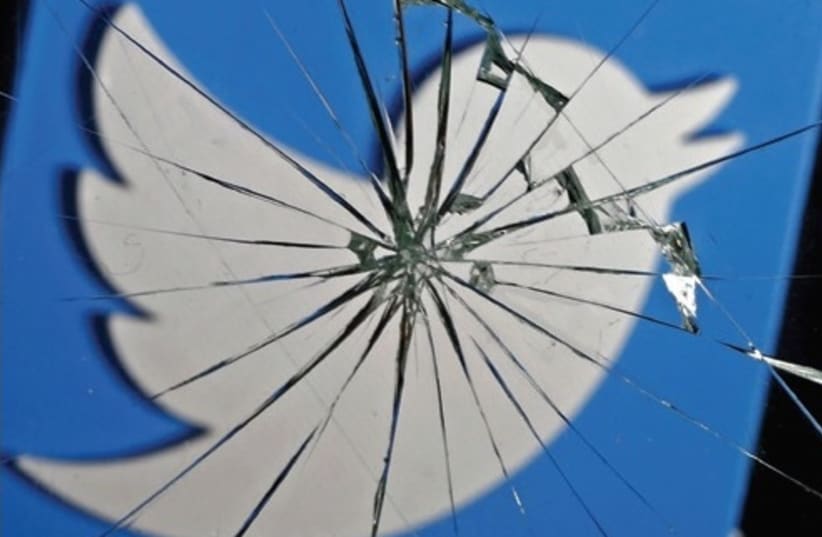“No doubt that they [Hezbollah] have a much greater presence that remains [on Twitter] versus what was suspended,” said Col. (res.) Reuven Ehrlich.
Ehrlich made his statement following the publication of a report by his center, the Meir Amir Intelligence and Terrorism Information Center, which performed a comprehensive analysis of Hezbollah’s presence on Twitter before and after last week’s announcement.
Twitter announced that it had suspended numerous Hezbollah and Hamas affiliated accounts following a letter and implied threats from US congressmen demanding the social media giant prevent itself from being used by terrorists.
The congressmen gave Twitter a deadline of the beginning of November.
“There is no place on Twitter for illegal terrorist organizations and violent extremist groups,” a Twitter spokesperson told AFP when it made the announcement.
Ehrlich and the Meir Amit center report confirmed that Al-Manar, Hezbollah’s largest media microphone, was suspended, losing a huge number of followers.
The Twitter accounts in Arabic, French, English and Spanish were suspended with no prior notice.
However Carlos Monje, Twitter’s US director of public policy and philanthropy, said in September that “We may make limited exceptions for groups that have reformed or are currently engaging in peaceful resolution processes, as well as groups with representatives who have been elected to public office... as is the case with parts of Hamas and Hezbollah.”
Furthermore, a Twitter spokesperson told the Jewish media syndication site JNS last week that terrorist groups have no place on the social media platform, and that the company “draws a distinction between the political and military factions of the organizations mentioned in the [congressmen’s] letter.”
Ehrlich and the report noted that this approach of mere periodic cleanings along with large exceptions will not do the job.
“If you want to fight the existence of Hezbollah on Twitter, you need to do it systematically,” he said, adding that the absence of a systematic approach by Twitter and other social media was part of a larger conceptual problem: that the platforms and much of society does not view terrorists’ use of social media as a cancer that must be rooted out.
Many lawsuits previously filed against social media for letting themselves be used for terrorists’ recruiting and even logistical planning have been blocked by laws that are not updated to address the new era of terrorists exploiting online mediums.
Hamas-affiliated accounts have been closed by Twitter before, only to make a comeback absent a concerted and continuous effort to block them.
In 2016, the party’s Izzadin al-Qassam Brigades wing had its English and Arabic accounts closed down. During the Hamas-Israel war in Gaza in 2014, Twitter also shut down all of the group’s official accounts, but Hamas reopened them almost immediately, or opened new and parallel accounts, as it appears Hezbollah has also done.
Tzvi Joffre and Jerusalem Post Staff contributed to this report.
